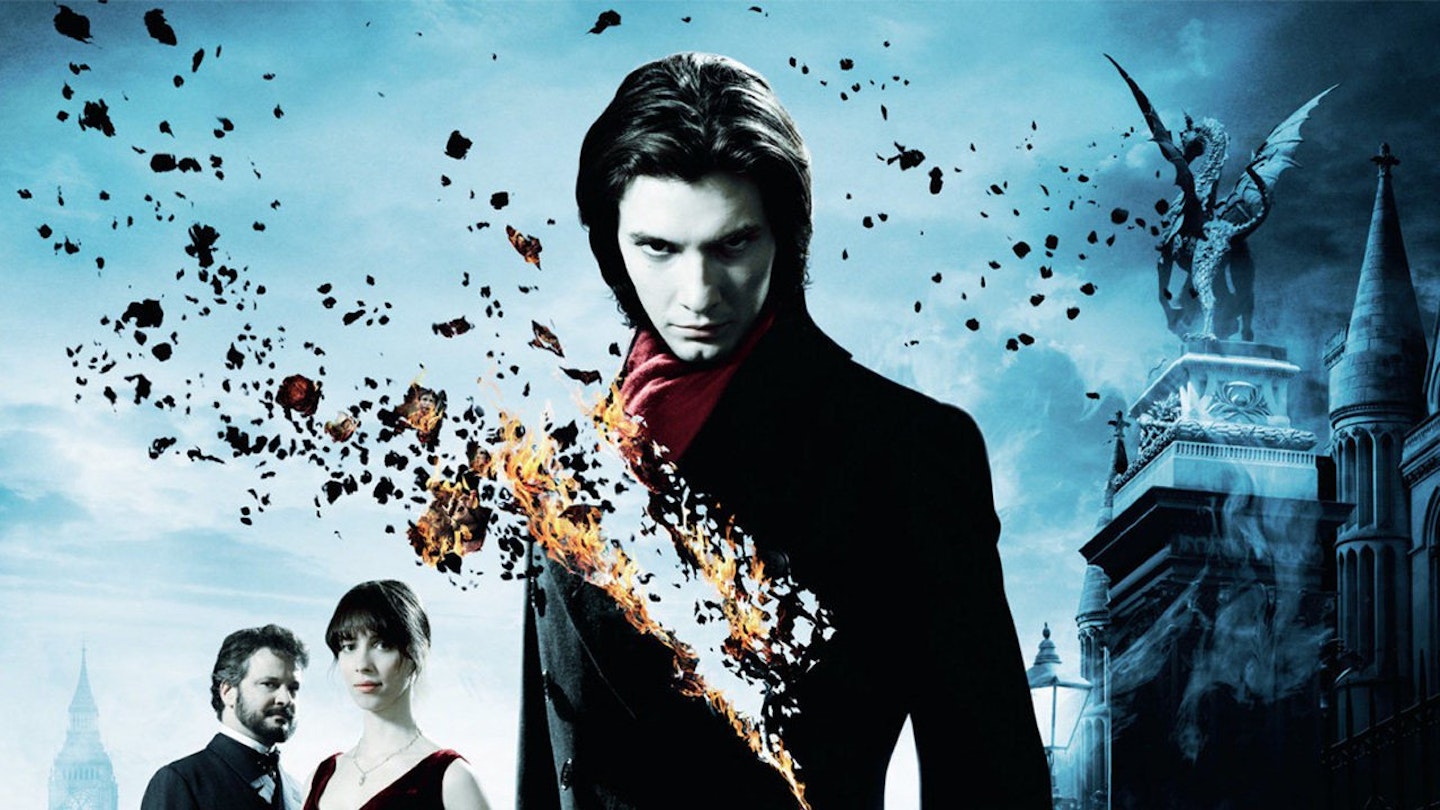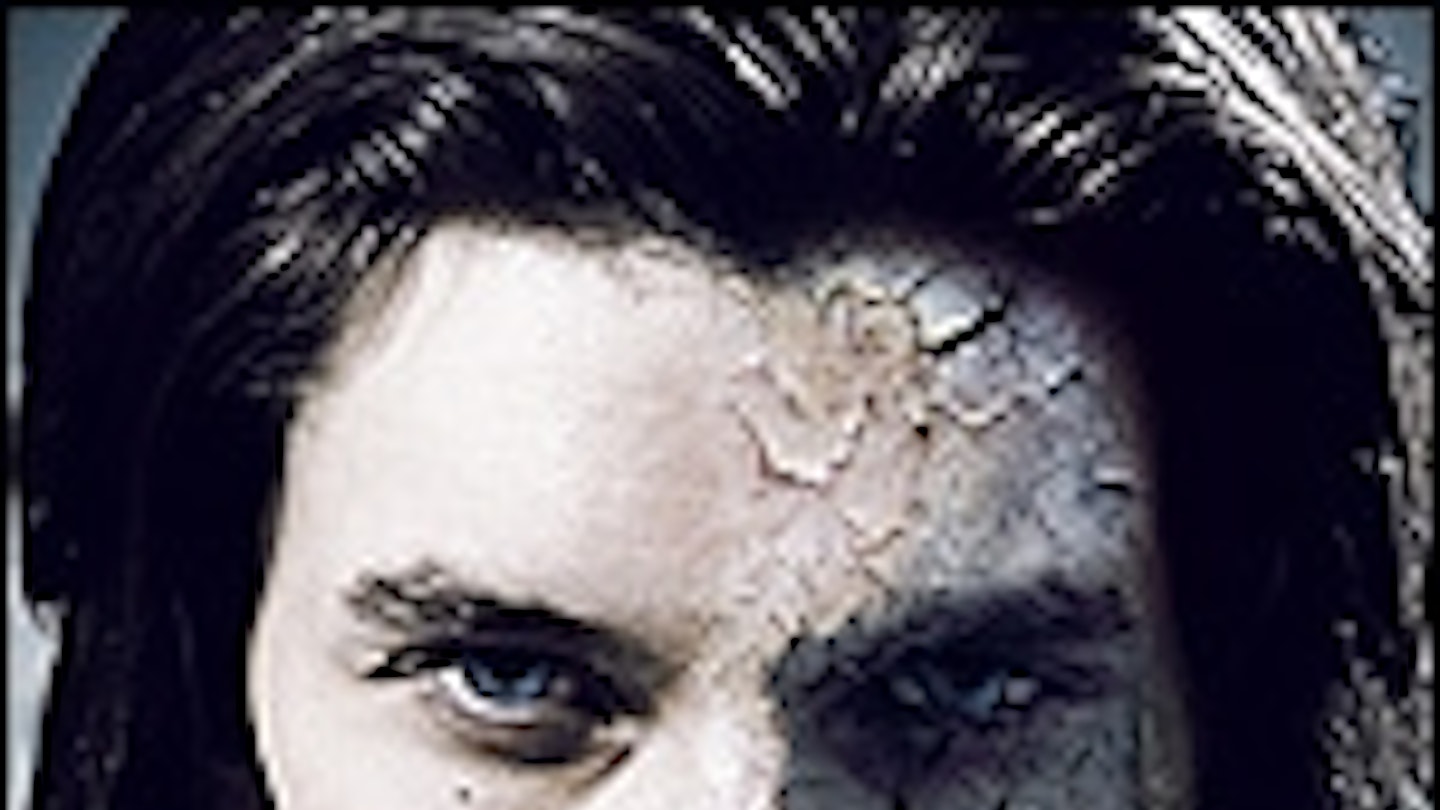In spite of its position as a pivotal work of 19th century literature, Oscar Wilde’s The Picture Of Dorian Gray has only once before enjoyed a major adaptation for the screen: in 1945, director Albert Lewin unveiled a dark, brooding cinematic canvas upon which he’d daubed Wilde’s harrowing vision in stark black and white. The results were impressive, but other filmmakers have, until now, declined to dip their nibs fully into this particular pot of Wilde’s ink. Admittedly, the book is as difficult to adapt as it was to write. Oscar Wilde’s greatest challenge was “keeping the extremely obvious moral subordinate to the artistic and dramatic effect”, and this is director Oliver Parker’s great achievement — cocooning his protagonist’s spiritual decline in a painterly gauze, which distracts the audience from the (entirely expected) news that excess brings its own punishment.
In truth, many have dismissed Gray, an impulsive, absurdly romantic young man, as a near-impossible person to animate on screen. His original tale was, essentially, an essay on decorative art, reacting against the crudities of plain old realism. Taken out of this context, the narrative can appear rather slight. After all, the story is just a simple if highly stylised interpretation of Faust’s risky wheeler-dealing with the devil.
To boost some modern resonance, Parker and screenwriter Toby Finlay inform us during the credits that this rendition is merely based on Wilde’s novel. The ‘Picture’ has disappeared from the title, and the filmmakers shift the focus onto Gray and away from his grisly painting. In turning to Ben Barnes, they remain true to Gray’s much-lauded good looks, and unveil a near-perfect paradigm of wide-eyed naivety when he arrives in London, to be harangued by guttersnipes, ogled by ladies and then entranced by Lord Wotton (Colin Firth), the man who shatters his innocence. When the tide turns, however, and Gray starts flailing in the soul-breaking waves of his newfound hedonism, the dramatic swell subsides.
In Lewin’s film, Hurd Hatfield is allowed to revel in his performance, with Gray’s acts of decadence largely unseen. Here, however, with the man taking centre stage, so do his vices. Wilde’s aim was to keep this vague — “Man sees his own sins in Dorian; what Dorian’s sins are, no-one knows” — and yet here we see all his sins unfold. In truth, this should not detract from the true horror in the story, which Wilde spins around Gray’s sense of conscience, but this inner anguish remains absent. His piano-playing may look better than Hatfield’s (which was awful), but Barnes’ overall performance is one-note.
The filmmakers also shift the structure, as well as the focus, and create characters like Emily Wotton (Rebecca Hall), who inhabits the final act and bids to bring Gray’s conscience to bear. In fact, Hall is quite delightful, as is Rachel Hurd-Wood, playing the actress Sybil with whom Gray falls briefly in love, and Firth, as Lord Henry Wotton, is blessed with the very best of Wilde’s wit — “There is only one thing in the world worse than being talked about, and that is not being talked about”! Their performances, however, cannot raise a classic out of this classic.


